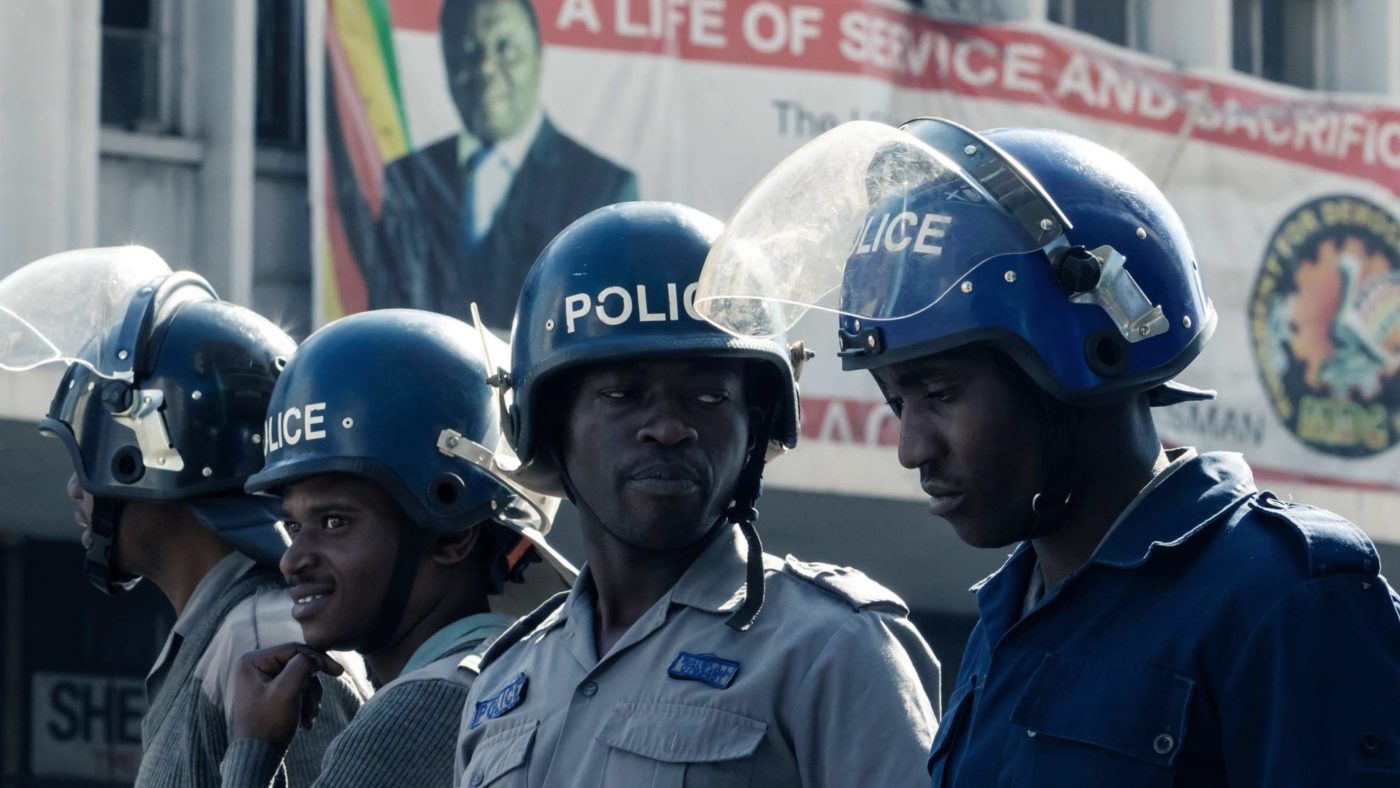“We can’t go on like this.”
Thus began a newsletter written on August 19 by Eddie Cross, a member of Zimbabwe’s parliament and one of the founders of the opposition Movement for Democratic Change. Cross is a trained economist and a very brave man. He remained in Zimbabwe throughout its 20 year-long descent from one of Africa’s most prosperous countries, into one of its poorest.
“Yesterday,” he noted in his missive, “the fuel queues were kilometres long, I slept in my car for five hours to get fuel. We have been experiencing 18 hours of load-shedding every day – on at 10 PM and off at 05.00 AM. Bread is unobtainable and when it is its over Z$8 per loaf – eight times what it was a year ago. Many prices are up by 10 times.”
And yet, I doubt that he is right. I think that if the last two decades show anything, it is that Zimbabwe can and will go on like this for some time to come.
I was once passionate about the fate of Zimbabwe. Its natural beauty, the friendliness of its people and the immense potential of the country appealed to me since I first visited in 1993. It helped that, at high school, I fell for a beautiful Zimbabwean emigre. Some of my first articles dating back to 2001 dealt with Robert Mugabe’s “land reforms,” which were characterised by theft and murder, and accompanied by economic destruction and the pauperisation of millions of ordinary people.
Back then, I believed that Zimbabweans, an educated and sophisticated lot, would rise up against the tyrant and his henchmen, and restore sanity to the country’s politics and economics. I was wrong. In Africa, revolutions against malevolent or incompetent governments are very rare. Placid acquiescence with a slow and steady slide towards oblivion tends to be the norm.
There were moments of hope, of course. In 2008, for example, the newswires flashed a premature headline that Mugabe had resigned. Instead, he stayed for nine more years. In 2009, a power-sharing agreement between Mugabe and his nemesis, Morgan Tsvangirai of the MDC, offered a glimmer of home.
That year, I welcomed Tsvangirai, by then the Prime Minister, to our offices. A courageous and principled man, he was ultimately outmaneuvered by Mugabe, lost power in 2013 and died of cancer five years later. Perhaps he was happy to watch from his sick bed as the military overthrew Mugabe in a 2017 coup. If so, his happiness would have been tempered by the identity of Mugabe’s successor, for Emmerson Mnangagwa, Zimbabwe’s current head of state as well as the head of the ruling ZANU-PF party, is a killer who presided over the slaughter of 20,000 people in Matabeleland in the early 1980s.
So, why have we not seen a Zimbabwean revolution? Why does the populace tolerate hyperinflation, poverty, repression and corruption? Part of the reason rests in emigration. Millions of the country’s smartest and ablest people have left, leaving behind the less skilled and less well-educated. Revolutions tend to be led by an intellectual vanguard that, alas, has been decimated.
Part of it rests in the criminal acquiescence of surrounding countries. With the noteworthy exception of Botswana – a true African success story – they have all refused to take action against Zimbabwe’s rulers, rubber-stamping stolen elections, refusing to impose sanctions and even providing financial relief to refill the country’s empty treasury. As the reasoning of most other southern African governments goes, if one “liberation movement” is allowed to lose power, we could be next!
Part of it rests in a deep sense of shame. Mugabe and his party were supposed to liberate Zimbabwe, not destroy it. Zimbabweans have elected them, and they supported them and their policies. Many rejoiced when the last vestige of British colonialism – a pathetic collection of old and powerless farmers – were kicked off the land and sent packing.
Today, Zimbabweans are stuck with the consequences of 40 years of wrong choices. They are, yet again, little more than serfs of the ruling elite – an elite that is, in turn, increasingly beholden to their new paymasters in Beijing. Speaking of China, you’ll not see ordinary Zimbabweans waving British flags in the way that the threatened people of Hong Kong did over the last few weeks of political unrest in the territory. To admit a mistake is always difficult and at this stage, probably, pointless.
CapX depends on the generosity of its readers. If you value what we do, please consider making a donation.


